Question: Our first question is, we would like for you to define the term Karma Yoga and the second part to that would be how would you suggest that we, as lay people, manifest that form of yoga in our lives?
Ram Dass: Well in the simplest sense you could say that Karma Yoga is using your Karma as a way of coming into union with God. It’s using the stuff of your life. It is usually used as the way in which you do work in the world. And whether or not that work in the world is a vehicle for spiritual awakening. In books like the Bhagavad Gita Karma Yoga is specified as Krishna saying to Arjuna “Do what you do, but offer the fruits of it to me.” That’s what Karma Yoga is. So in that sense, it has a devotional quality to it. And it’s interesting that in Vivekanada’s book on Karma Yoga, Karma Yoga and Bhakti Yoga are usually put together in the little volumes. They are published together because there is such a relationship. Because Karma Yoga really has that you serve others as a way of serving God. You serve others as a way of putting flowers at the feet of God, of honoring God. And you do seva or service as a technique of doing that.
Once you are starting to awaken, you look around for practices to purify and to help you awaken. And most people see meditation clearly as a practice, because meditation doesn’t get anything else done, so it must be getting you enlightened. It’s a clear, simple yoga. And you say, “Well, I do yoga, and I do my meditation and then I go to work or then I live life. Or then I’m going to do good.” Or something like that. Karma Yoga is the taking of the things you do every day with other people, of service, things like that, and making those all into an offering. And so it’s an attitude that one has. It’s an attitude of offering, and it’s an attitude of seeing how the actions you are performing are more than. . . We’ll talk about this in the money and work group, so I’ll save the issues of money about it. So, the way we are going to talk about it though is the act of doing service. And what is the relation of the service you do or the task you do, and what is the relation of that to your coming to God. And there are different ways that works. It can work in a devotional sense, where I am talking to you as my offering to Maharajji. This is my Karma Yoga. I am doing this now as service to you, but it’s an offering to him. And that’s work on myself. You hear all of those components of that?
I also can do it without the devotional component, but doing it from a meditative point of view, called Meditation in Action. Those of you that might have seen Chögyam Trungpa’s book called Meditation in Action in which when I’m washing a pot, I don’t wash the pot as the offering to Maharajji. I just come into the process of washing the pot until I’m fully in the moment, and I quiet my mind into washing the pot until there is just washing of potness going on. And that is also Karma Yoga. Karma Yoga is that which will bring you to yog or union into the One, and it takes the stuff you do every day to do that.
Question: Would you please speak about right action?
Ram Dass: Speak about right action. In the final analysis, right action is what is called doing one’s Dharma. It means action that does not have associated with it attachment or aversion. And therefore it does not create Karma in and of itself. Now this is a very complex concept, and I don’t want to get too head trippy but I’d really like to get this one through because it is an interesting one.
In the Bhagavad Gita there are two injunctions that are very clear about action. One is Do not be identified with being the actor. Krishna is saying to Arjuna “You are a warrior and this is a Dharmic war you are going to fight. Go fight it, but don’t think you are the fighter. It’s really me, God, that’s doing it. You are just an instrument in it. Don’t get so caught. Don’t let your ego run away. Don’t think you’re doing it.” So the first injunction is Don’t be identified with being the actor. In other words, let your mind pull back from identifying with the doing. We are all. . . Like the common thing in this culture is “What are you doing?” “What do you do?” “Hi, what do you do?” See, doing is the identification. And we’re constantly sucking each other to identifying with the doer. “I worked all day.” “I made love.” “I ate.” “I walked.” “I did.” The other way of looking at it, and it’s a different… it’s a critical shift of consciousness — is “I am” and there is doing. It’s a different place. Like your heart is beating, but you’re not beating your heart. You’re not saying, “Beat, damn it. Beat. Beat. Beat.” “I’d like to talk to you, but I’m busy doing. Excuse me.” “Beat. Beat. Beat. Beat.” So you’re not. It’s all going on automatic so to speak. Or base brain. Or whatever you want to call it. So, we’re talking about non-identification with being the actor is the first component. Now think of all the things in your life that you do, and then imagine them happening, because they are. Like when you drive a car, most of you are doing it without being identified with being the doer. You are usually thinking about something else while you are driving. You are not being the driver.
Now take the next injunction. The next injunction is Be not attached to the fruits of the action. Like if you are a parent raising a child, first of all don’t be identified with the fact that you are “raising the child”. You are a being. All of this is happening because it’s the appropriate action that is happening. You are resting in your being and there is doing happening. You are being careful of the biological safety of the child and the love and so on. The other thing is how the child turns out is how the child turns out. Your attachment to how the child is going to turn out is going to affect the way you do the act. You did the act as impeccably as you can. Because that is your Dharma. It is your duty. It is your role to play. You find yourself in that unique Karmic predicament. Your Karma defines your Dharma. The situation you find yourself in defines a condition under which there are appropriate actions to be done. And the place you do those appropriate actions from is a place of rest inside your being. And then the actions occur and the outcomes happen. And you stay at rest. That’s the pure act of Karma Yoga. So, that is right action. But see, it’s a hard one to hear. Did it come through? Did you hear that issue? I mean it is so far out for us to hear that, because it runs so counter to the way we think about the way we act every day. We’d never think of that. But in India, it’s interesting. They have a very deep sense of the term Dharma. Of doing my Dharma. It’s just an appropriate thing you do. Because that’s the part you play. And as I listened in, I realized that like in my taking care of my father in those last years, my being in that relationship, I was taking care of my father. And I noticed that at the beginning of it, because I was a Westerner, I was sort of milking it a little bit. You know, here I am taking care of old Dad. And then after a while I heard it more clearly, and there was just the appropriateness of I was the son, and he was my father, and I was honoring the father and he needed help and there I was. And I ended up playing the part, but when we were together it had very little to do with that. I mean that was all going on, but the bed pans and all were all just part of our process of being together. And I did as I could, and sometimes he was happy and sometimes he wasn’t. But I was doing it as well as I could.
A lot of our anxiety is because we are attached to how it is supposed to come out, when doesn’t allow God to play. Because I could do everything I could do for Dad as impeccably as I could and he wouldn’t notice it. If my doing it was connected with how he responded, then I was unhappy. But it was an offering. It was my part to play. And I was just feeling my way into my part. And then not getting caught in being the player. So the part was just happening. It was just happening. My father was being cared for. And there was honoring of father and here we were.

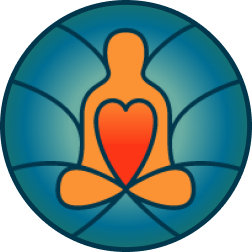



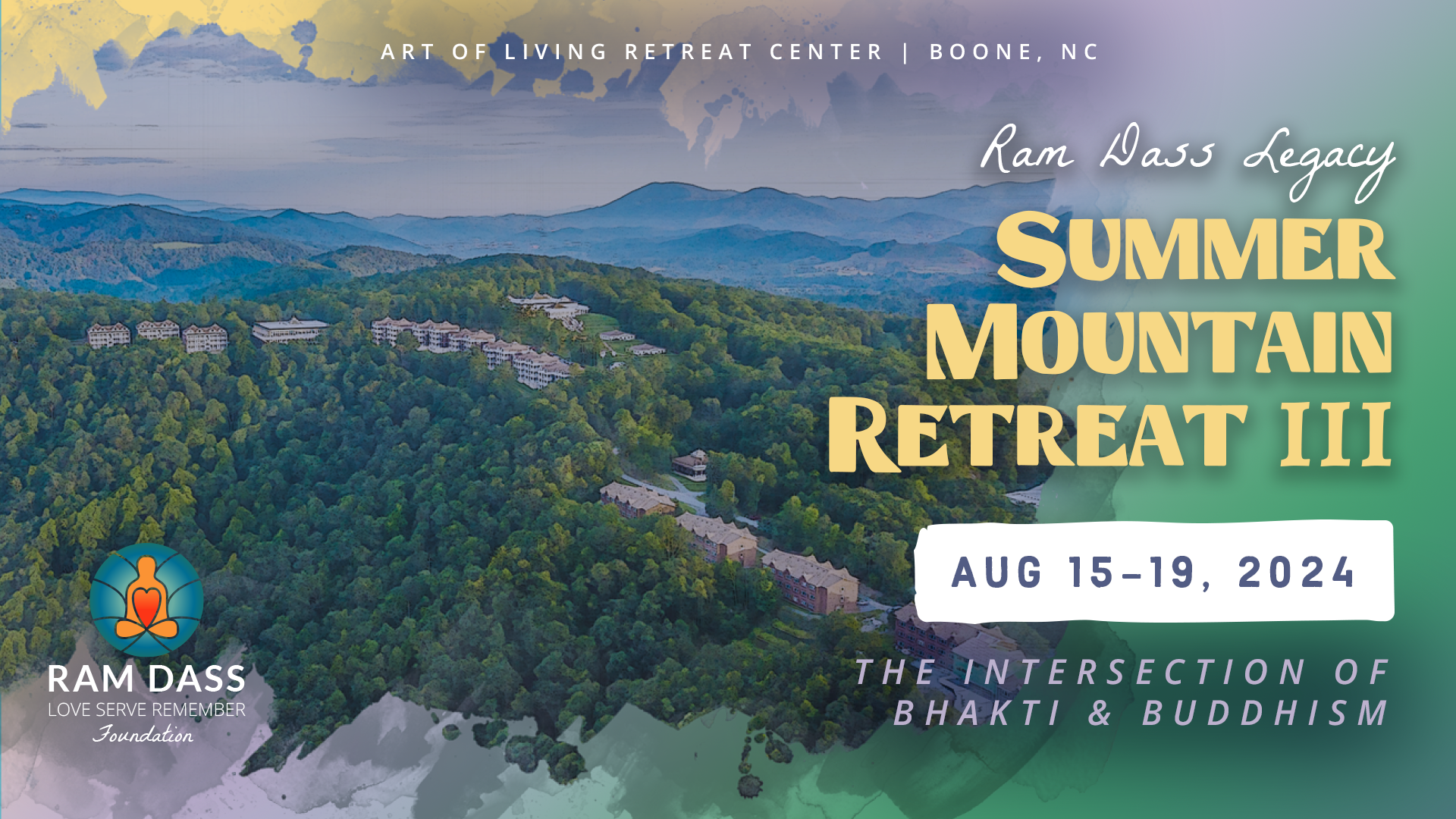
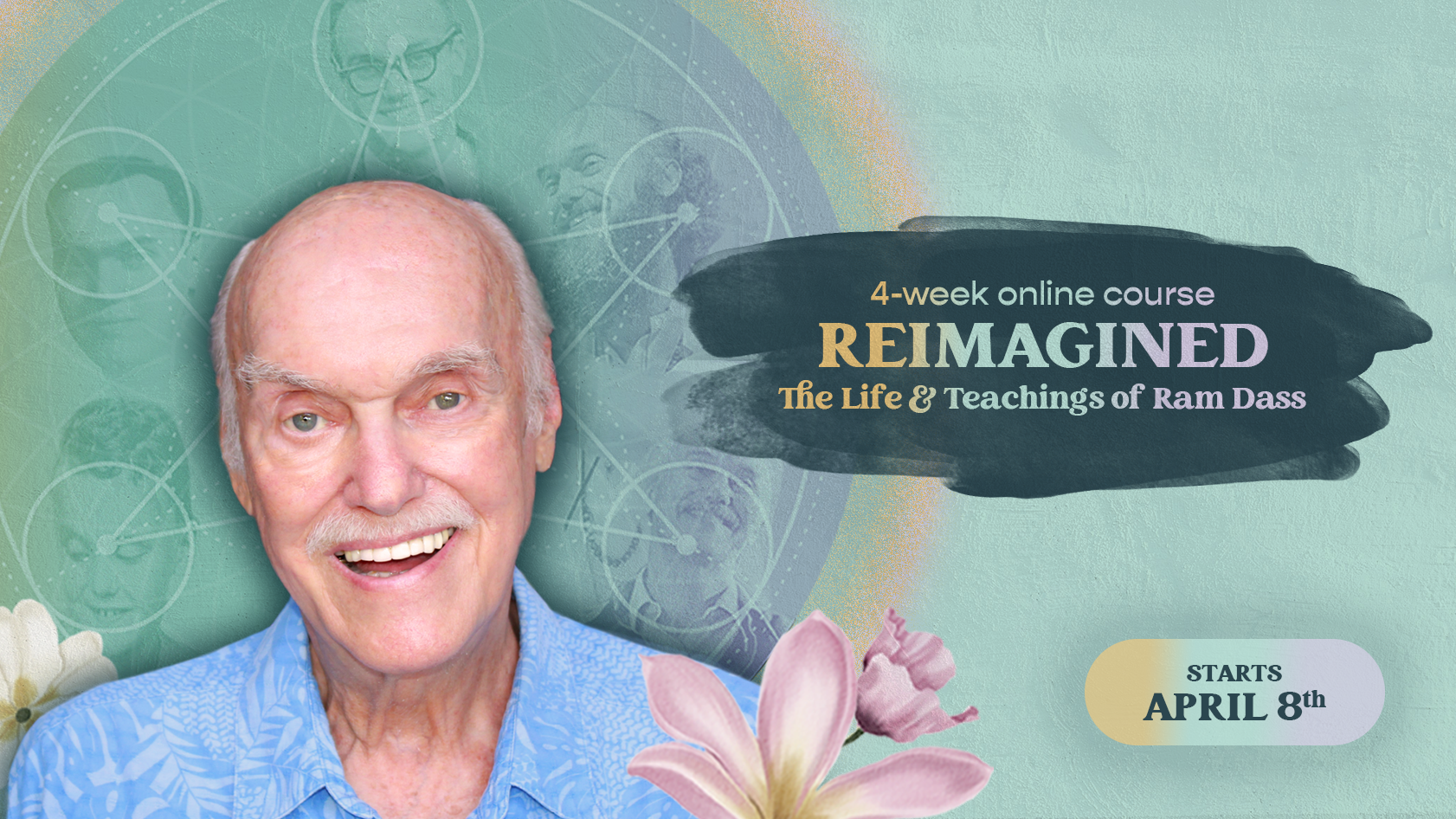
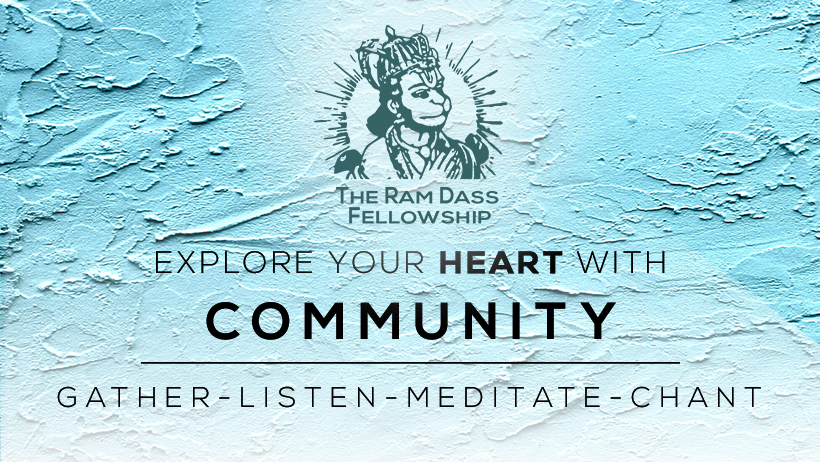

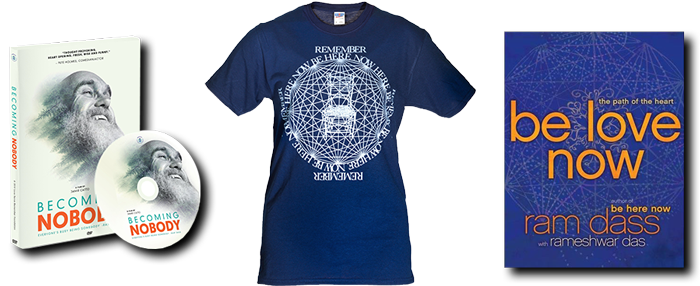

Thank-you Baba Ram Dass for this very wisdom. I particularly love the natural approach to being in the Dharma as much as one can be, and allowing for these moments to flow without expecting or worrying about an outcome. “Karma defines your Dharma”. Love the illustrations of your Dad, especially today. My Dad just passed this February; these words have touched me deeply today. ((( <3 )))
could you please publish documentation in a text size/colour for those with low vision…an option maybe?
Thank you Dam Rass. You help me to understand. Sometimes it’s hard to be here now.
Love Renee
When we focus on the dharma, we sprout good karma on the life route..and so we come into the active dharma within we find that which we are…what we “be” in this very moment’s epicentre of life as love. So the focus being on this place within where our souls are whole and know only this wholeness of loving soul. It is this wholeness, the yog that is the alive with love making love amplify within and without as the once stagnation of the decay molecule of the illusion of tje material world what once was our slave-to-the-machine being is miraculously and harmoniously rerouted to within and not the external which is materialism’s illusion of duality. The Yog is God and it is an intense presence only living in the presence tense not the mirroring moments..the Yog place is the living God within which is love. And so it is that within comes to manifest our inner world first, then becomes our outer world as they transform into this inner-outer duality to be this whole without in or out or any other polarized location but all and everywhere at once; the eternal NOW. And so it is.. to be this be…meeting us where we put our attention, focus, meditation upon…I am getting so realizing this.spirtual reality…;) <3
I understand, because what you say makes sense, but I don’t truly understand because I know I haven’t reached the place where I can simply “be” and “do” as an offering. The desire is there, and I know change is taking place slowly as I feel an underlying discomfort in my present state of living, as well as the pain of recognition and growth. Thankfully, I am learning to accept and let go of my attachments… hopefully that will ease the pain in the process a bit as time trundles on.
as you taught us many years ago, Dr Alpert……. the truth is plain to see. What goes around, comes around. You get what you give and you give freely. helping……. sharing….. growing food and eating together…… such simple wisdom. By helping others, the Universe helps us! in the words of my teacher, Stephen Gaskin, “We’re simply mirrors of reality and what light you shine brightens us all.”
“Feed the people”